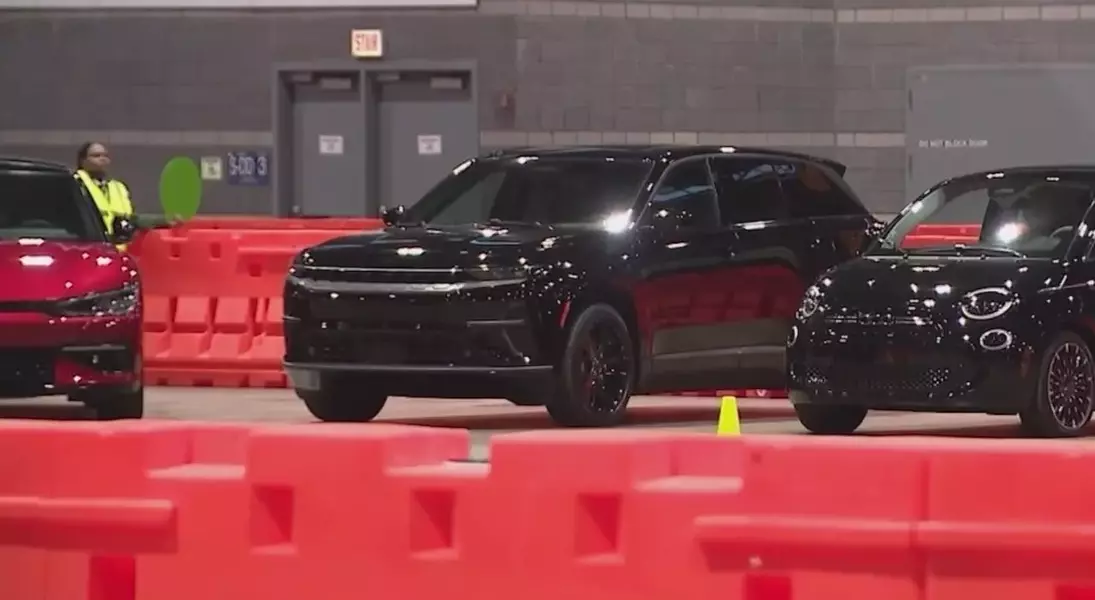
Before the annual automotive extravaganza in Chicago, a significant shift in policy has stirred discussions within the industry. Just weeks before the event, which attracts numerous enthusiasts, an executive decision aimed at altering the trajectory of electric vehicle (EV) development was made. This move signals a potential reevaluation of the ambitious goals set for EV market penetration. The new directive suggests a reconsideration of the previous administration's target for electric vehicles to account for half of all new car sales. Industry experts note that while this change may slow down the pace of electrification, it does not immediately alter consumer interest or halt technological advancements.
Despite these policy shifts, the enthusiasm for electric vehicles remains robust. Jennifer Morand, the general manager overseeing the Chicago Auto Show, observed that the executive order might influence consumer behavior but does not deter them from exploring the latest models. She emphasized the importance of infrastructure development and gradual adoption, suggesting that a phased approach could better prepare consumers for the transition to electric mobility. Meanwhile, local initiatives like ComEd’s rebate programs continue to support EV adoption by offering substantial funding to enhance charging infrastructure in northern Illinois. Holy Vu, a recent buyer of an electric pickup truck, highlighted the critical role of accessible charging options in enhancing user experience and reducing range anxiety.
The future of federal support for electric vehicles is now under scrutiny. While some speculate about further reductions in incentives such as tax credits, others anticipate legal challenges that could delay policy changes. Regardless of the political landscape, the demand for innovative automotive technology persists. As the Chicago Auto Show continues through February 17th, it serves as a testament to the enduring appeal of electric vehicles and the ongoing evolution of the automotive industry. Moving forward, the resilience of EV markets and the commitment to sustainable transportation will likely shape the next chapter in automotive history.
